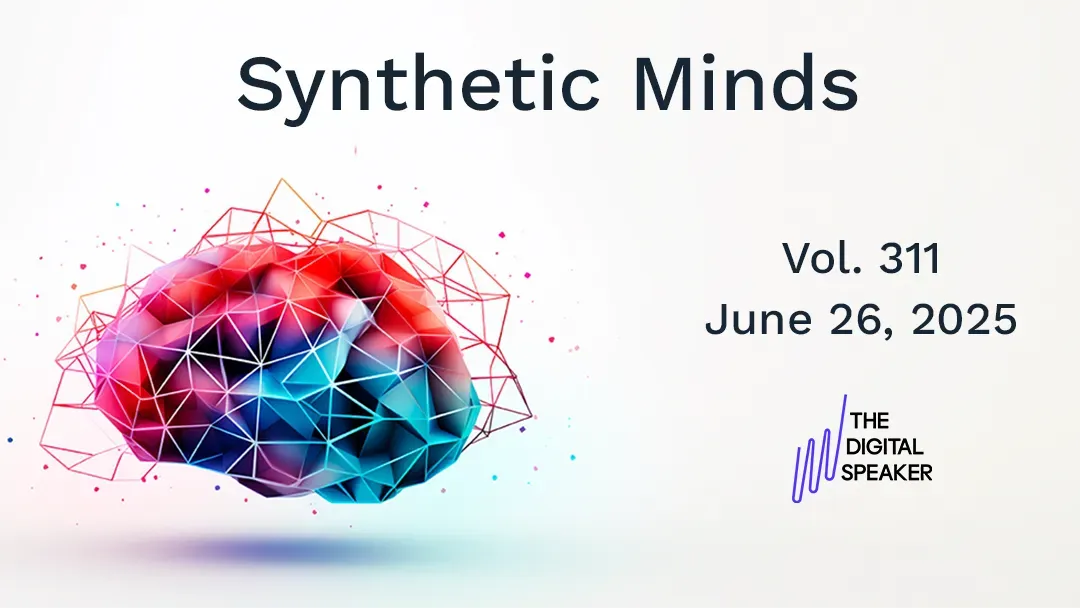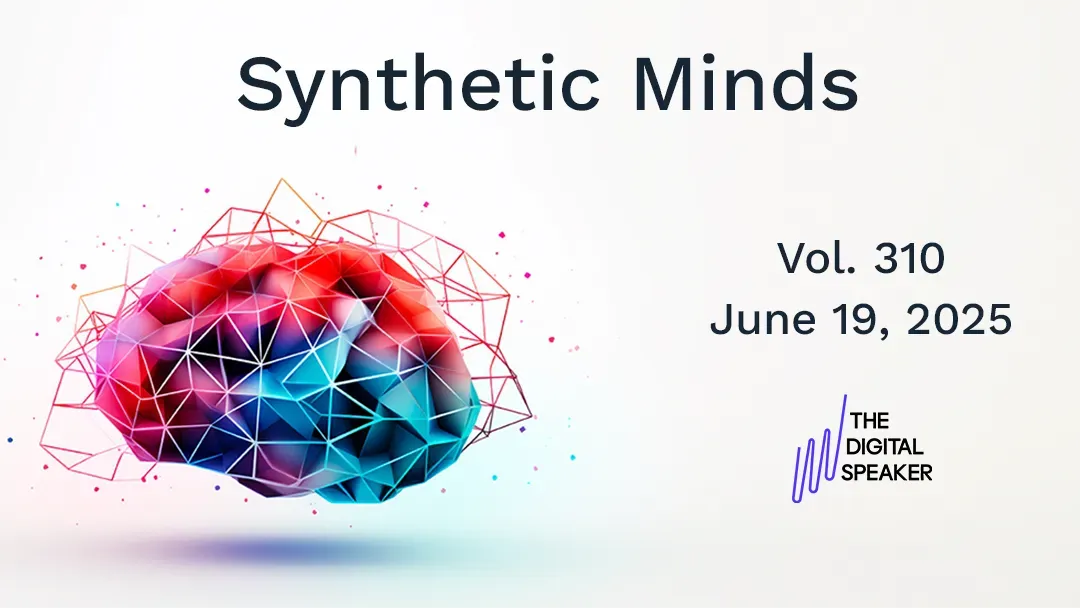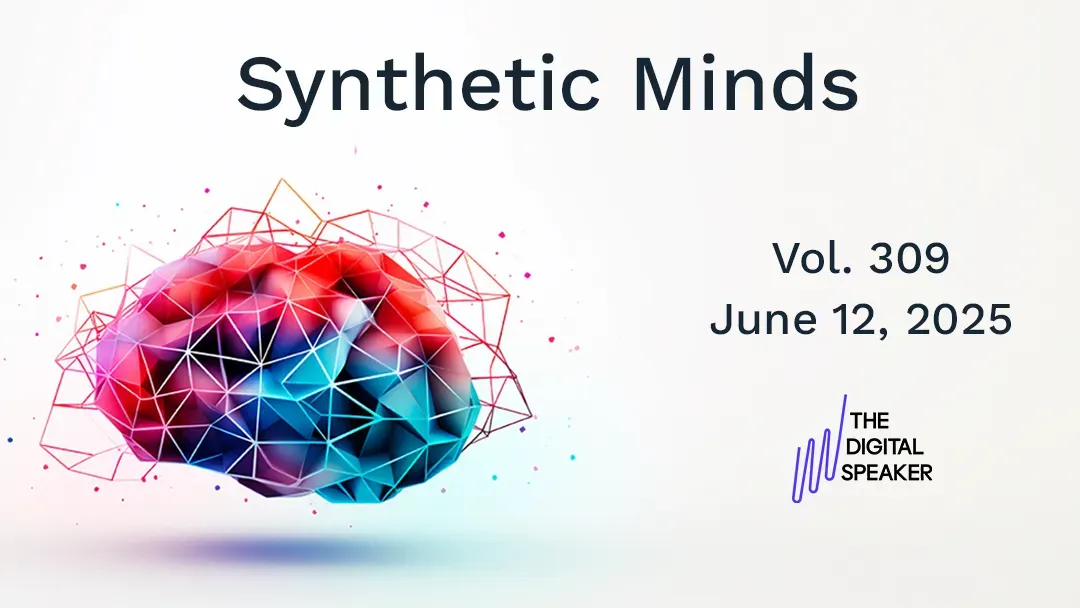Why we should be careful with AI
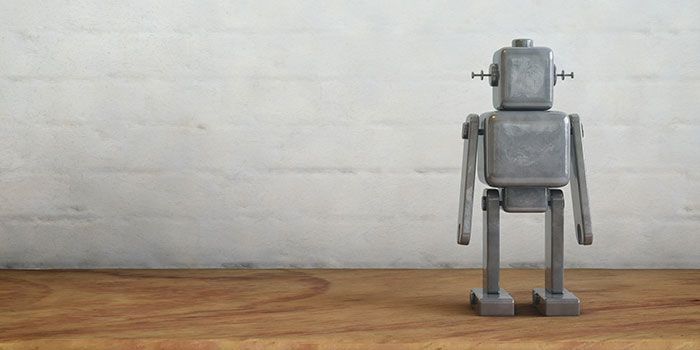
Good Day! This is my weekly newsletter, with a dose of insights into the future. The topic of this newsletter is the exponential times we live in, hence the title of f(x) = e^x, which is the (natural) exponential function.
Recently, I launched my new concept The Digital Speaker and you can now book me as an avatar or hologram. Also, my tech trend prediction for 2021 is out, read it here!
Why We Should Be Careful When Developing AI
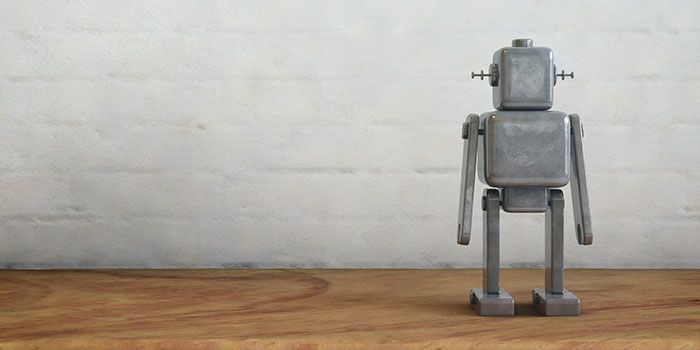
My latest article:
The development of AI comes with huge risks. Although extensive testing and governance processes are required, not all organisations will do so for various reasons. However, as a society, we should ensure that all organisations – and governments – will focus on developing Responsible AI. This includes using unbiased training data, to minimise the influence of biased developers, to have a mixed data approach to include the wider context, to develop AI that can explain itself and to instil ethics into AI. A daunting task, but one we cannot ignore if we want to benefit from artificial intelligence in the long run.
Three Useful Nuggets of Information
My weekly tips from around the web to get you thinking.
1. Fancy a steak from space?
At the International Space Station, the Israeli food technology startup Aleph Farms have been growing cow cells into small-scale muscle tissue using a 3D bioprinter. The experiment could help in achieving food security in the future. (The Guardian)
2. Rotterdam is building the world’s most advanced port.
In the port of Rotterdam, self-driving ships, smart containers, and autonomous cranes are becoming more common than humans. It is building the most automated port in the world. Everyone is happy, except the dockers. (Wired)
3. Are you ready for a data disaster? Thank Brexit.
A no-deal Brexit is rapidly approaching and apart from all the logistical and juridical challenges that will appear after October 31, there is also a lesser known problem: data sharing and most companies are not aware of the impending disaster. (Wired)


